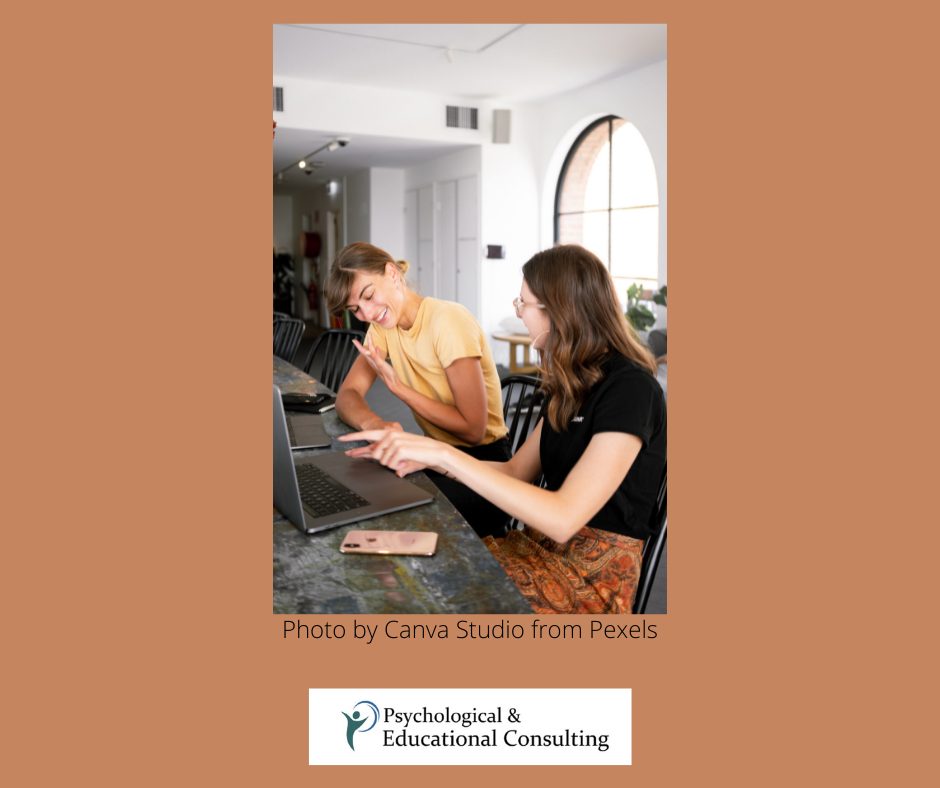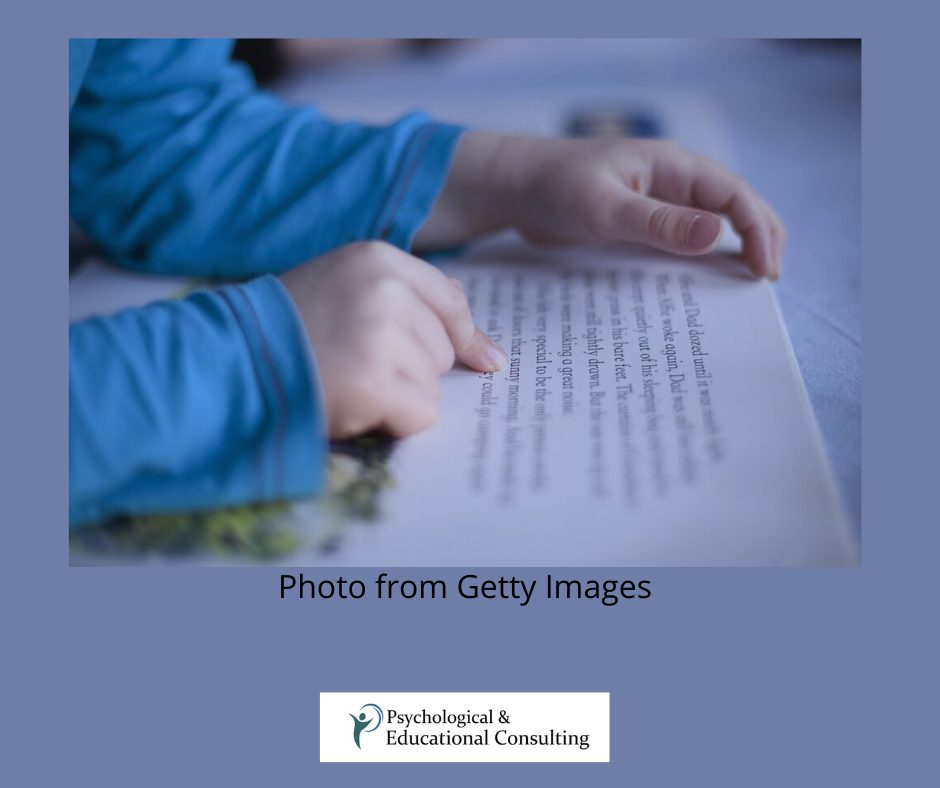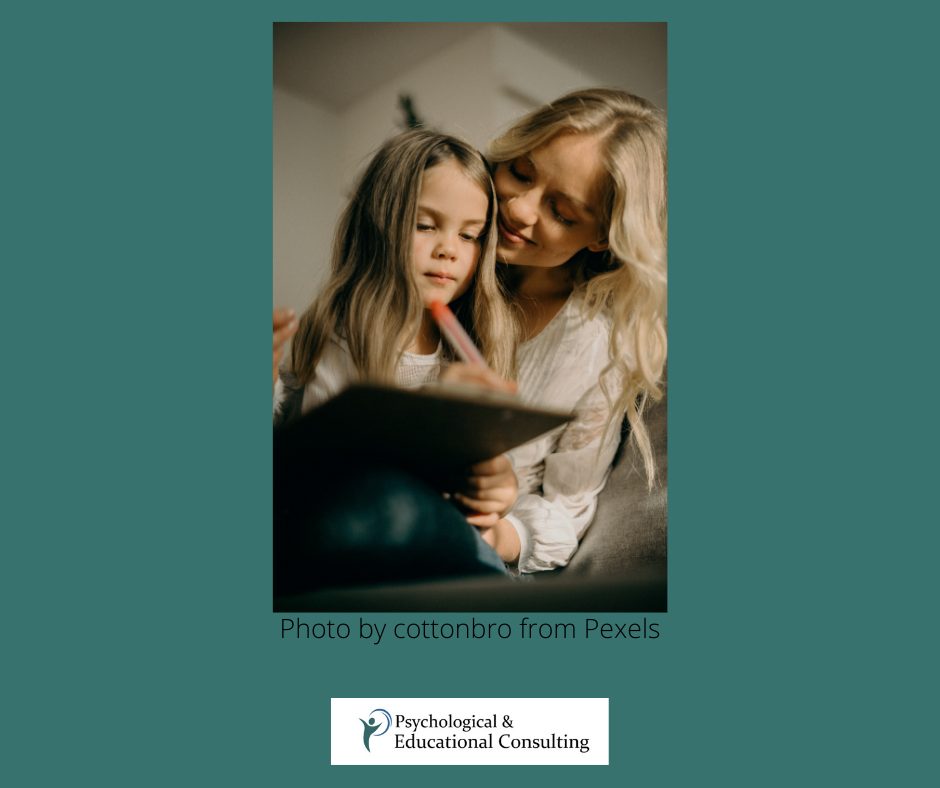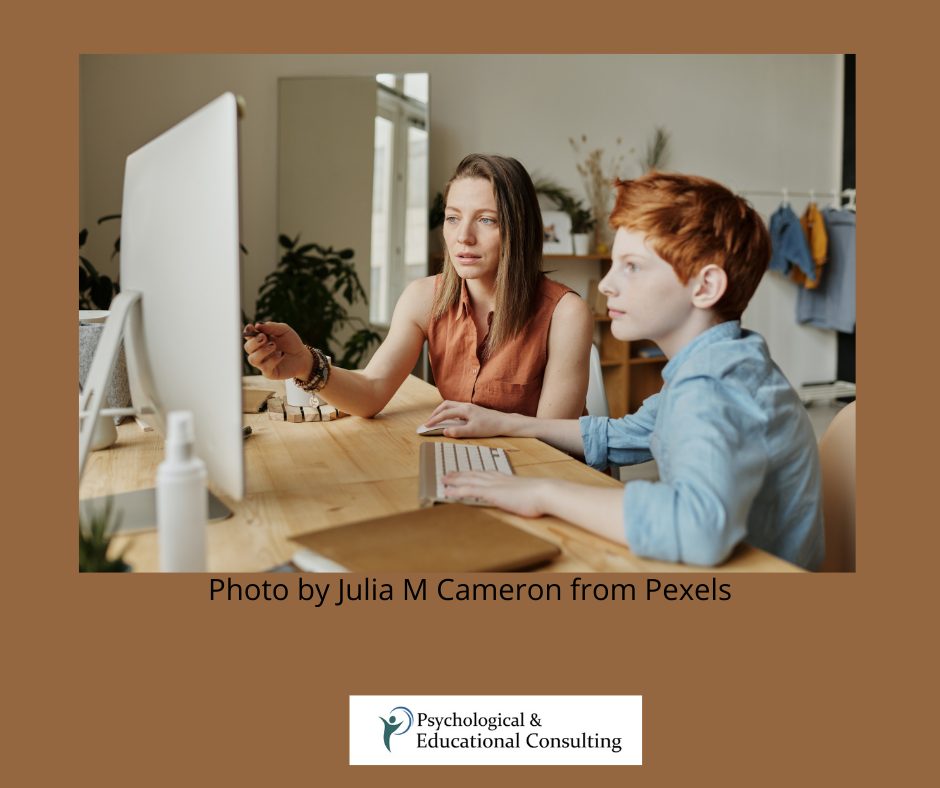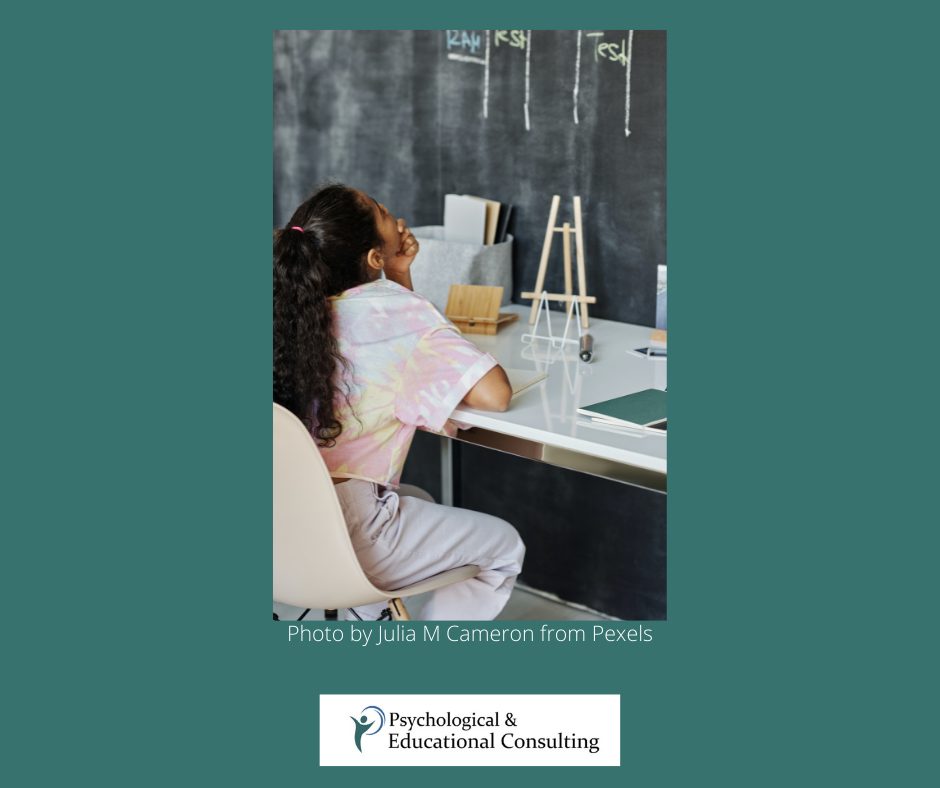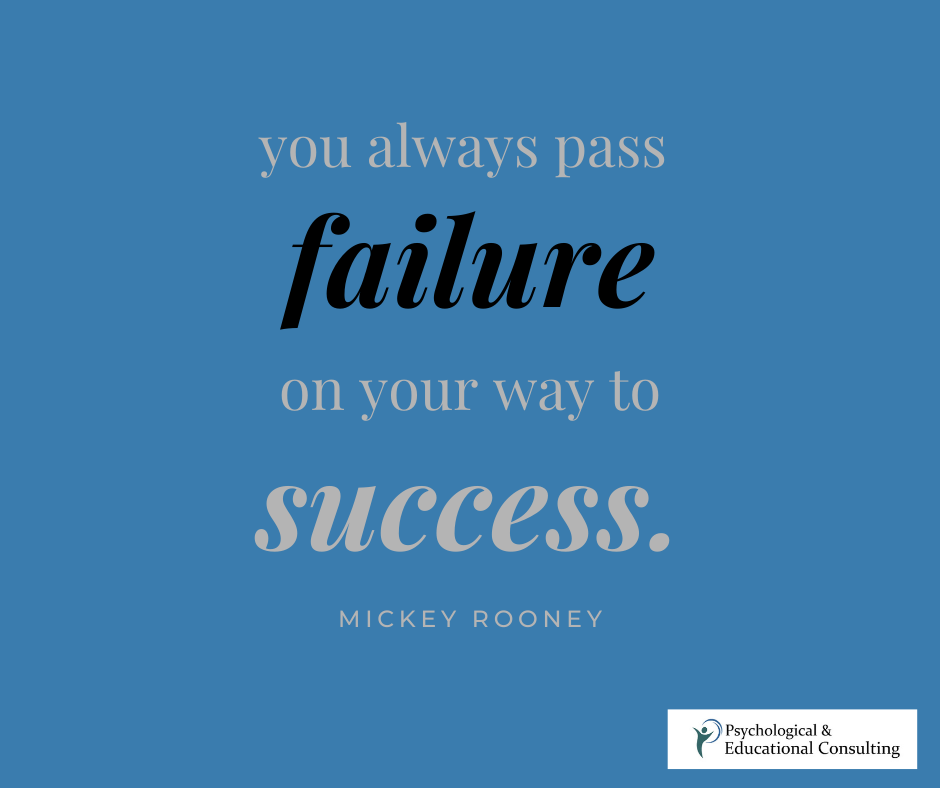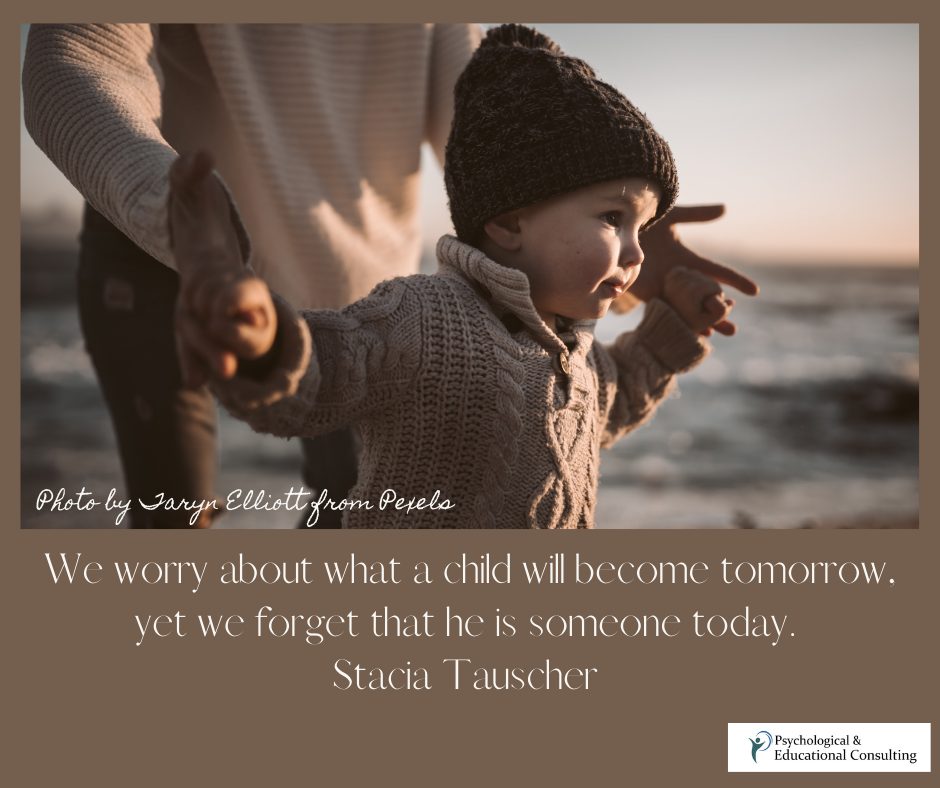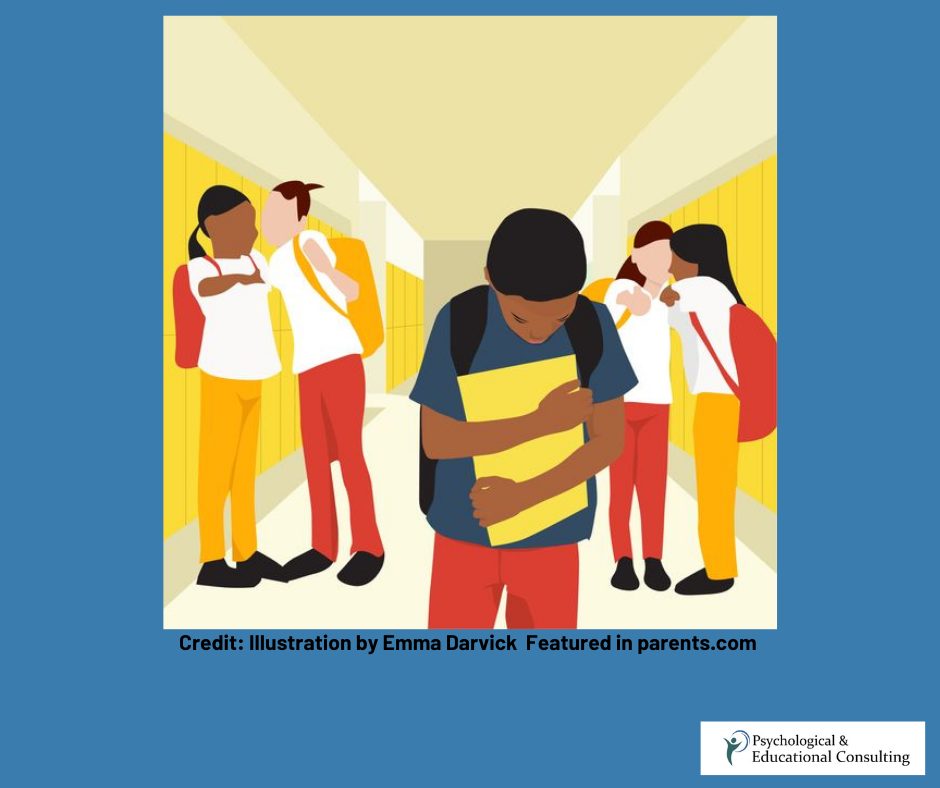Transitioning to STEM Toolkit for Students and Adults With ADHD or Learning Disabilities
posted on The University of Texas at Austin’s Website
According to the Centers for Disease Control and Prevention, almost 9 percent of U.S. children suffer from attention deficit/hyperactivity disorder (ADHD). Current researchalso indicates 70% of children with ADHD also have learning disabilities, which may hinder academic and career success. However, this difference in the way these children process information may be why many thrive in science, technology, engineering, and math (STEM) education.
The basic principles that inform STEM education – design thinking and creative problem-solving — are also conducive to successfully working with children who have ADHD, says Parentology. This is in part because students with ADHD tend to be able to reason problems out intuitively, without having to practice a conscious reasoning process, according to Study.com. Moreover, the creative and design-oriented nature typically seen in children with ADHD and learning disabilities may lend itself well to STEM’s core methodologies.
Using the resources in this article, parents, caregivers, teachers, and early childhood educators can connect youth with ADHD or learning disabilities with STEM education opportunities. Additionally, resources are available to help adults with ADHD and learning disabilities transition to the STEM workforce.

